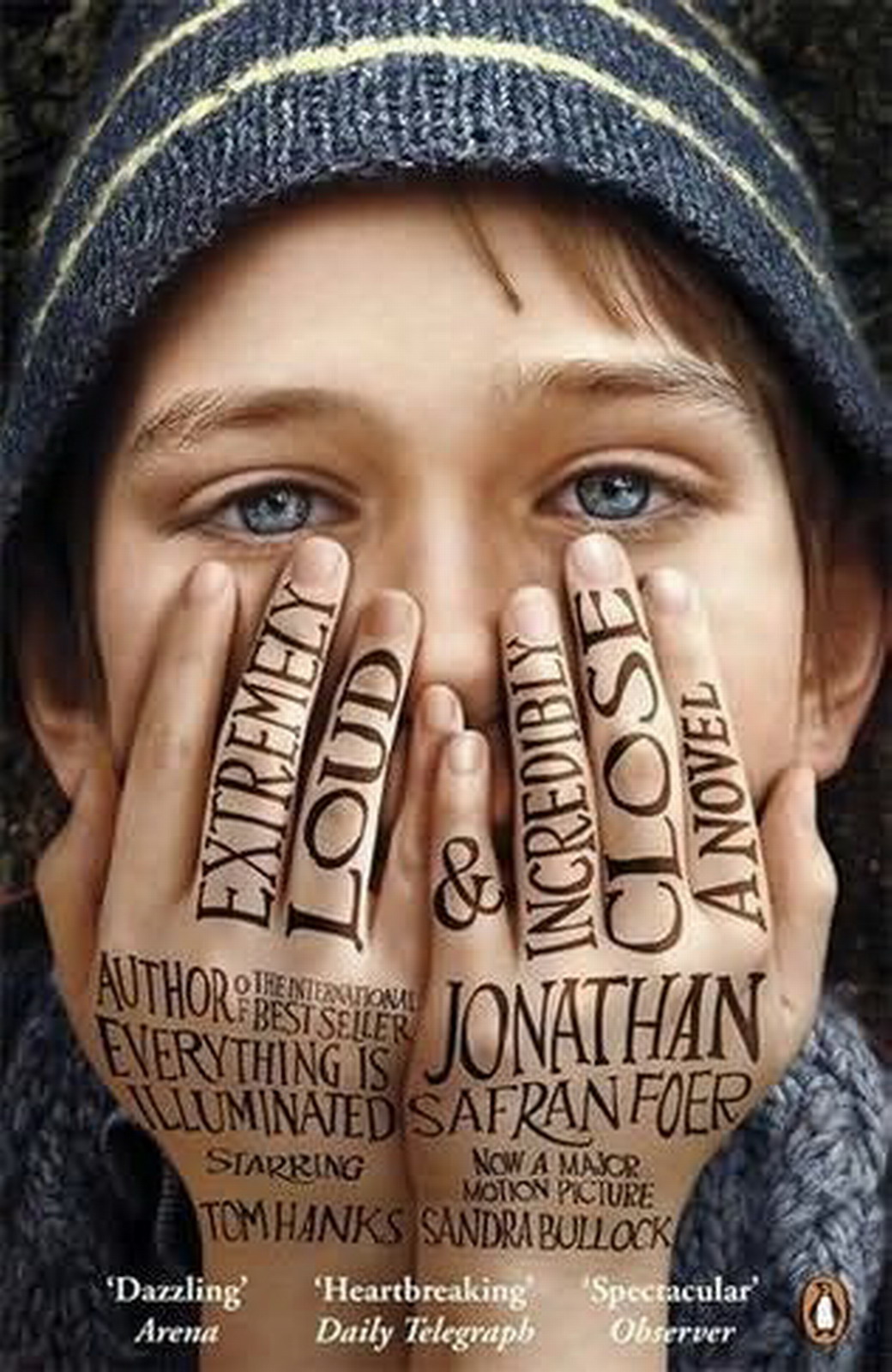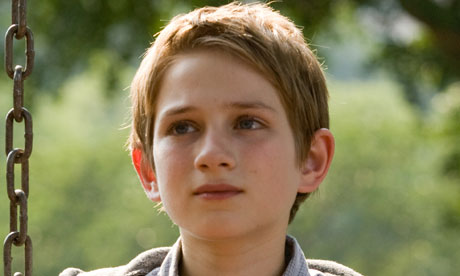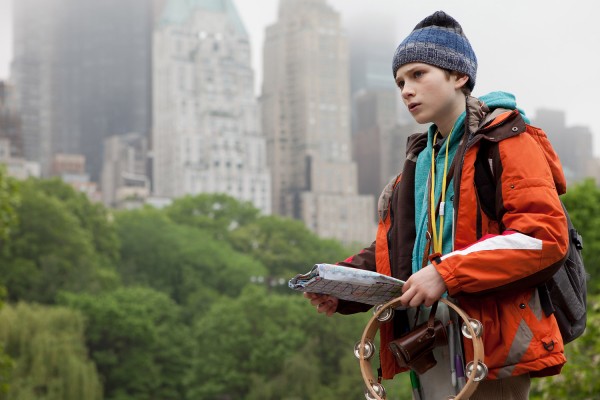I recently saw this movie for the first time the, not really knowing much about it other than that it was quite well-received by critics and fans alike.
The Warner Brothers film, starring Tom Hanks, Sandra Bullock, Max Von Sydow, and Thomas Horn, was directed by Stephen Daldry, who also directed The Hours.
It is based on the novel by Johnathan Safran Foer, which I have not yet read.
It is about a young boy named Oskar Schell, played by Thomas Horn, who is a bit different from other people in the ways he both sees and interacts with the world.
His father, played by Tom Hanks, has a way of drawing him out and building upon his strengths of intelligence, focus, and sensitivity.
Oskar and his father go on elaborate treasure hunts through Central Park, a strategy developed by Oskar's father to get him out into the world, instead of shrinking from it.
A disaster befalls the family, and Oskar is left without his dad. He struggles to hold onto his father in any way he can, and this desire leads him on a quest of his own to uncover a mystery left behind by his dad.
He meets and is aided by hundreds of people along the way, including a friend of his grandmother's "from the old country," played by Max Von Sydow.
Sandra Bullock, as the mother, does what many mothers find hardest to do-- giving their children freedom to go and discover what lies beyond the sheltering walls of home and family, while still providing the safety net they need should they stumble and fall.
His adventures bring them close together as they both grapple with the worst loss either of them can imagine.
My own experiences with loss are deep and on-going, as my long-time readers are aware, which is why this film impacted me so dramatically. There is one scene where Oskar talks about the days since his father's passing slipping away and his dread as this occurs, as if the march of time could further the disconnect between the living and the dead. I remember being in this mindset after my son, Ryan's death. Each day, then week, then month, then year was another jab to the heart, drawing him further away from me. Now, four and a half years, and additional losses, later, I realize that time was not the enemy. I have since stopped fighting it. The clock ticks, the days roll, the seasons turn, and my life has gone on.
By the end of the film, Oskar finds a way to keep living with this loss, partly by losing his self-imposed isolation and enriching his connections to others, partly through forgiveness of himself and those around him. About four months after my son died, I remember consciously choosing to live. There is a difference between existing, which involves taking up oxygen and space; and living, which involves a conscious engagement with one's life. Just because Ryan's life had ended, did not mean mine was over. I had other people, including my daughter, whom I continued to love; things I wanted to experience; places I wanted to see; poems and stories I wanted to write; art I wanted to create; gardens I wanted to plant; houses I wanted to revive. Those needs and wants compelled me into this life I have now. My eyes are open to the life I have chosen, my heart is open to the pain and the beauty that surrounds me, my mind is open to all there is to learn. Oskar goes through the same process on his wild-goose chase. In the end, his own life is affirmed.
Some works of art resonate so deeply within the psyche, we are forever enriched by having experienced them. For me, Extremely Loud and Incredibly Close was one such piece of art.
Until next time...
Anne
























